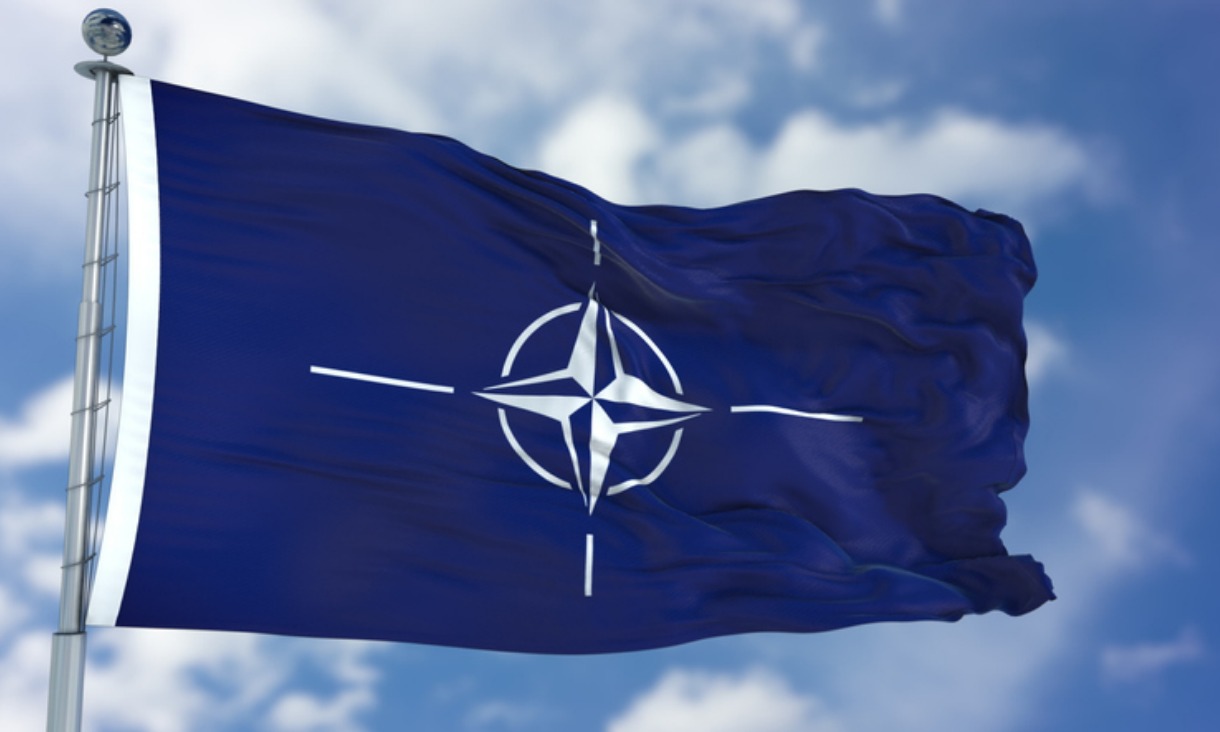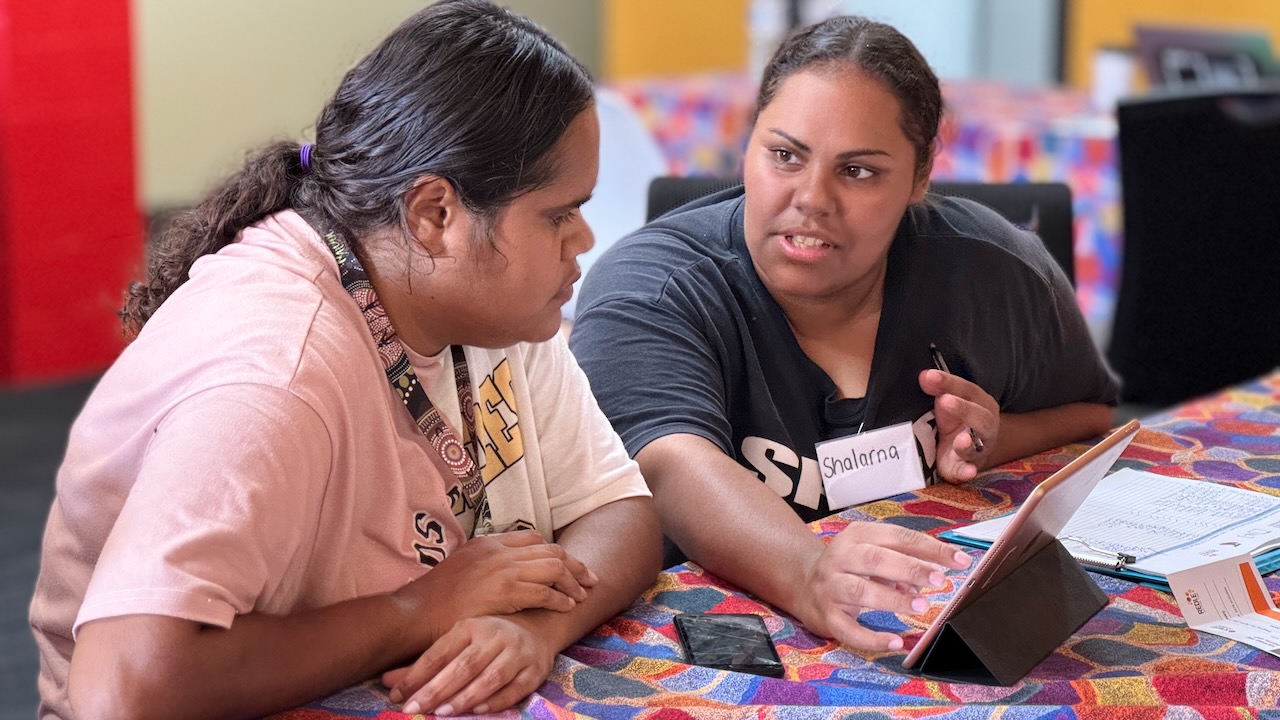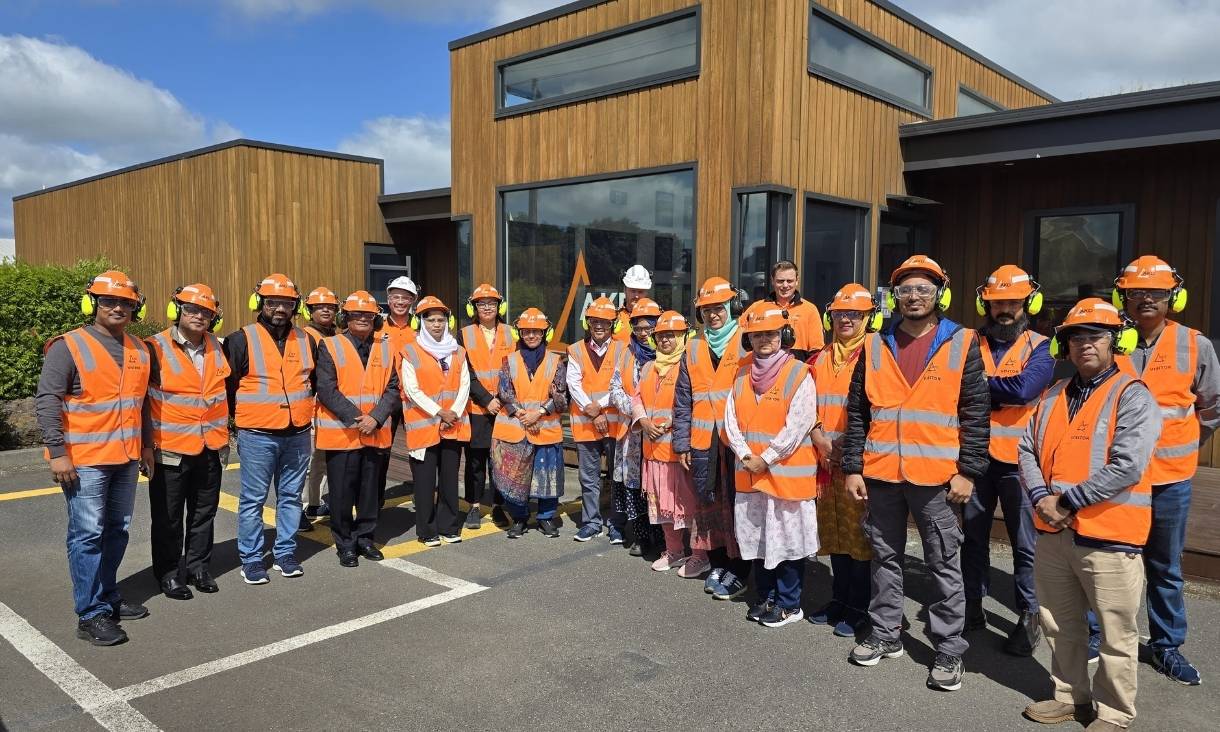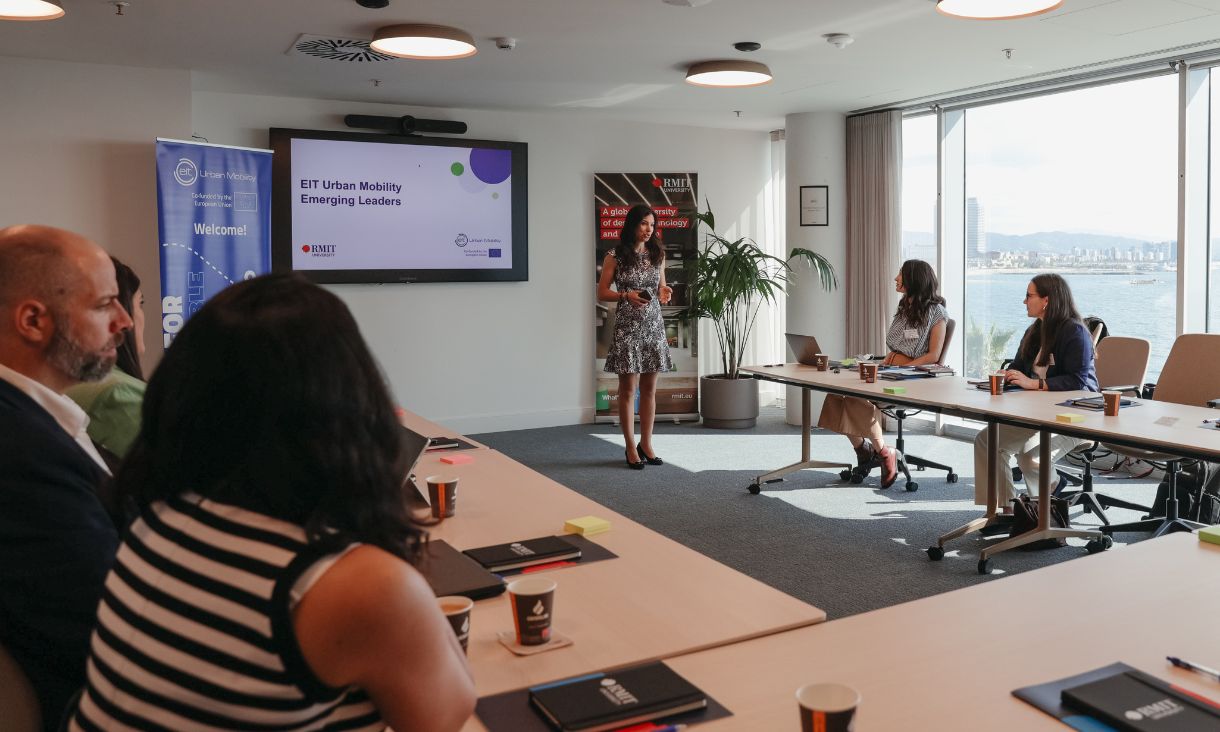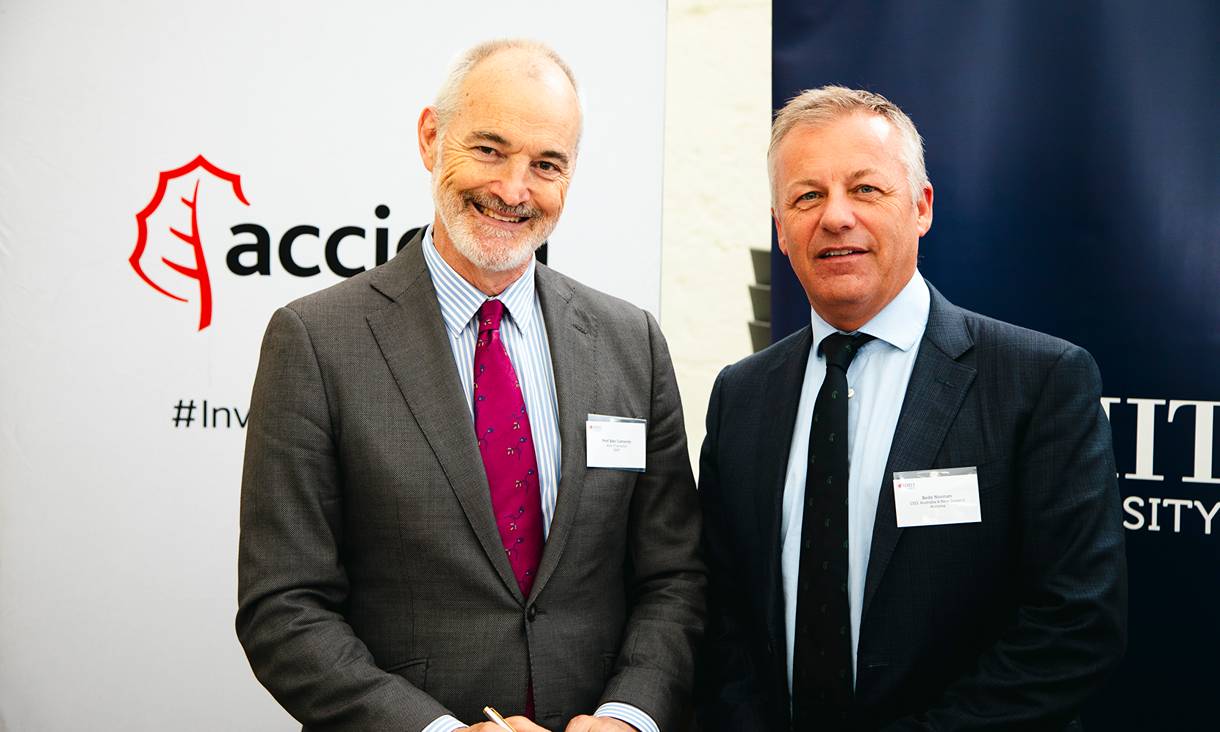Professor Bruce Wilson (0414 236 765 or bruce.wilson@rmit.edu.au)
Topics: impact of NATO on Australia and national security, international affairs
“While NATO is not seen as directly relevant to Australia’s traditional security concerns by local leaders, NATO and its global partnership is perceived as useful in areas of non-traditional security cooperation.
“The collaboration with NATO in Afghanistan was a crucial step in providing Australia with a legitimate voice in security discussions. Australian forces worked really hard in that conflict to build trust and respect.
“That, in turn, has enabled Australia to benefit from intelligence operations, and practical discussions related, for example, to military planning.
“However, according to our research, few Australian leaders ever see NATO being involved directly in conflict in our immediate neighbourhood. While some leaders would welcome a stronger NATO presence, it was felt that this was unlikely to figure highly in NATO’s priorities.”
Professor Bruce Wilson is the Director of the EU Centre in the School of Global, Urban and Social Studies at RMIT University. Professor Wilson is an expert on international affairs, specifically the EU, with 20 years’ experience and a regular media commentator on the topic.
Dr Emma Shortis (0430 358 798 or emma.shortis@rmit.edu.au)
Topics: US history, US politics, Trump administration
“The 70th anniversary of NATO is a significant event but differences between member countries of the military alliance could derail the milestone.
“As a member of NATO, the United States is obligated to come immediately to the defence of any other member in the event of an attack.
“That obligation has come under strain during the presidency of Donald Trump, as the belligerent US President accuses other NATO members of failing to pay their way.
“Trump’s ongoing attacks are significant. NATO was the first official military alliance the United States had entered into since the American Revolutionary War.
“This security alliance has underpinned the relationship between the United States, Europe and Russia for decades. For 70 years, American soldiers and bases have been permanently stationed in Europe, and the protection of America’s nuclear arsenal has extended to Western Europe.
“NATO has been the focus of many of Trump’s attacks on the international rules-based order. On the 70th anniversary of the organisation, there is every indication that strain will continue.”
Dr Emma Shortis is a Research Officer at the EU Centre in the School of Global, Urban and Social Studies at RMIT University. She recently returned from a year in the United States, where she was a Fox-Zucker International Fellow at Yale University as part of her PhD in history. Emma is becoming a regular media commentator on the history and current politics of the US, tailored for an Asia-Pacific audience.
***
For general media inquiries, please contact RMIT Communications:
0439 704 077 or news@rmit.edu.au.

